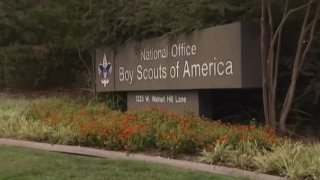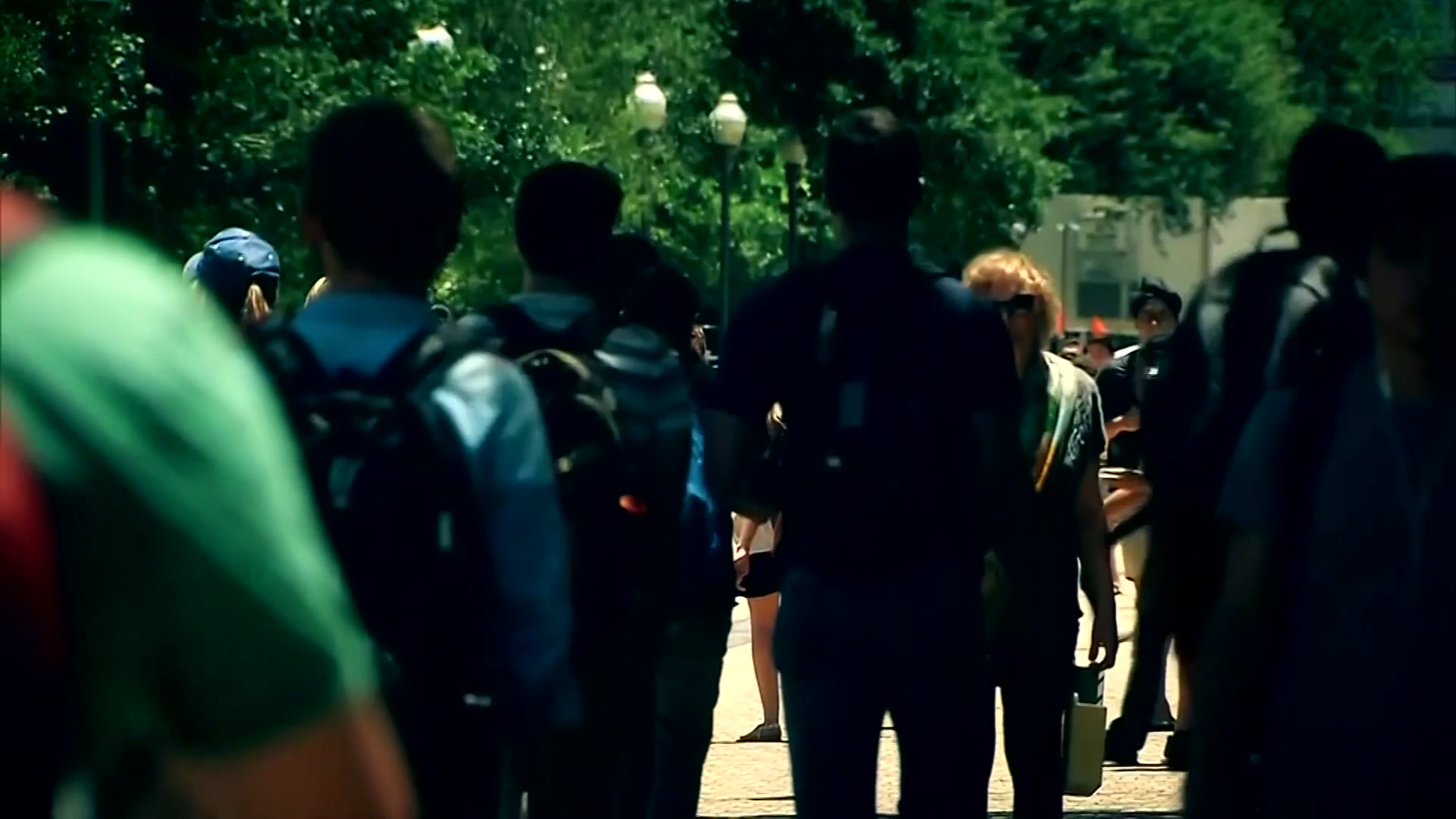
A preliminary voting report in the Boy Scouts of America bankruptcy indicates the group's reorganization plan has failed to win the desired support from tens of thousands of men who say they were sexually abused as children.
The report, filed late Tuesday night, shows 73% of 53,888 valid ballots were cast in support the plan, with just under 27% against. The Boy Scouts were hoping to garner at least 75% of the vote.
Under the rules for a typical Chapter 11 case, the Boy Scouts needed approval of two-thirds of sexual abuse claimants who voted. However, because the BSA plan includes liability releases for non-debtor third parties, including local Boy Scout councils and troop sponsoring organizations, a higher level of support likely will be required. It's unclear exactly what level of support the BSA plan needs in order to win court approval, but the bankruptcy code requires at least 75% voter approval in cases involving asbestos claims and third-party releases.
A final voting report is due Jan. 17, but the initial results could spell trouble for the Boy Scouts of America's goal of compensating survivors for decades of child sexual abuse by Scoutmaster and others while being able to emerge from bankruptcy on sound financial footing and continue the Scouting movement.
Get top local stories in DFW delivered to you every morning. Sign up for NBC DFW's News Headlines newsletter.
"We are encouraged by these preliminary results and are actively engaging key parties in our case with the hope of reaching additional agreements, which could potentially garner further support for the plan before confirmation," the Boy Scouts said in a statement.
Opponents of the plan, including the official committee appointed to represent all abuse claimants, said the vote shows the Boy Scouts' proposal was inadequate.
"This was a poorly constructed plan driven by a group of lawyers who wanted to achieve a quick, cheap bankruptcy settlement," said Jason Amala, an attorney whose law firm represents more than 1,000 claimants. "Many of these law firms signed up clients under engagement letters where they did not even agree to represent their client if the case had to be pursued outside of bankruptcy."
Local
The latest news from around North Texas.
John Humphrey, co-chair of the official abuse claimants committee, said abuse survivors understood the plan does not adequately compensate them.
"The prospect of litigation against the BSA, its local councils, chartered organizations, and their respective insurers will not dissuade those who have spent lifetimes seeking justice," Humphrey said in a prepared statement. "The Boy Scouts tout the Plan and the settlements as historically high. When considered from the perspective of the individual abuse survivor, the settlements are historically low."
Meanwhile, attorneys continue to gather information and take depositions from opposing parties in advance of a hearing to begin Feb. 22 to determine whether Judge Laura Selber Silverstein should confirm the plan.
The plan calls for the Boys Scouts and its roughly 250 local councils to contribute up to $820 million in cash and property into a fund for abuse claimants. They also would assign certain insurance rights to the fund. In return, the local councils and national organization would be released from further liability for sexual abuse claims.
The plan also includes settlement agreements with the BSA's two largest insurers, Century Indemnity Co. and The Hartford. Century and affiliated companies would contribute $800 million into the fund in return for being released from further liability for abuse claims, while The Hartford would pay $787 million. Other insurers have agreed to contribute about $69 million.
The Century settlement provides for additional contributions from the BSA and its local councils on behalf of chartered troop sponsoring organizations such as churches, civic clubs and community groups. They include a $40 million commitment from the local councils and additional potential payments of up to $100 million from the BSA and local councils attributable to growth in membership because of chartered organizations' continued sponsorship of Scouting units.
Meanwhile, the BSA's former largest troop sponsor, the Church of Jesus Christ of Latter-day Saints, commonly known as the Mormon church, has agreed to contribute $250 million into the fund for abuse claims involving the church.
Congregations affiliated with the United Methodist Church have agreed to contribute $30 million into the fund, and a committee representing United Methodist churches that sponsored Scouting activities has agreed to help lead an effort to raise an additional $100 million from other troop sponsoring organizations.
The sponsoring organizations, like settling insurers, would be released from further liability in exchange for their contributions to the fund.
All told, the contributions would bring the compensation fund for abuse claimants to more than $2.69 billion, which would be the largest aggregate sexual abuse settlement in U.S. history.
The Boy Scouts, based in Irving, Texas, sought bankruptcy protection in February 2020, seeking to halt hundreds of individual lawsuits and create a fund for men who say they were sexually abused as children. Although the organization was facing 275 lawsuits at the time, it found itself facing more than 82,000 sexual abuse claims in the bankruptcy case.
An ad hoc group called the Coalition of Abused Scouts for Justice has played a dominant role in the bankruptcy case and the formulation of the BSA's reorganization plan, despite the existence of an official committee charged with representing the best interests of all abuse claimants. The coalition represents nearly 18,000 abuse claimants and is affiliated with more than two dozen law firms that collectively represent more than 60,000 claimants. It has been at the center of various disputes over information sharing, the huge number of claims that were filed, and how the BSA's reorganization plan and trust distribution procedures were crafted.
The coalition said in a statement that it is continuing to negotiate with all parties, and that the plan provides survivors "the best and fastest avenue to closure, as well as just, fair and equitable compensation."



